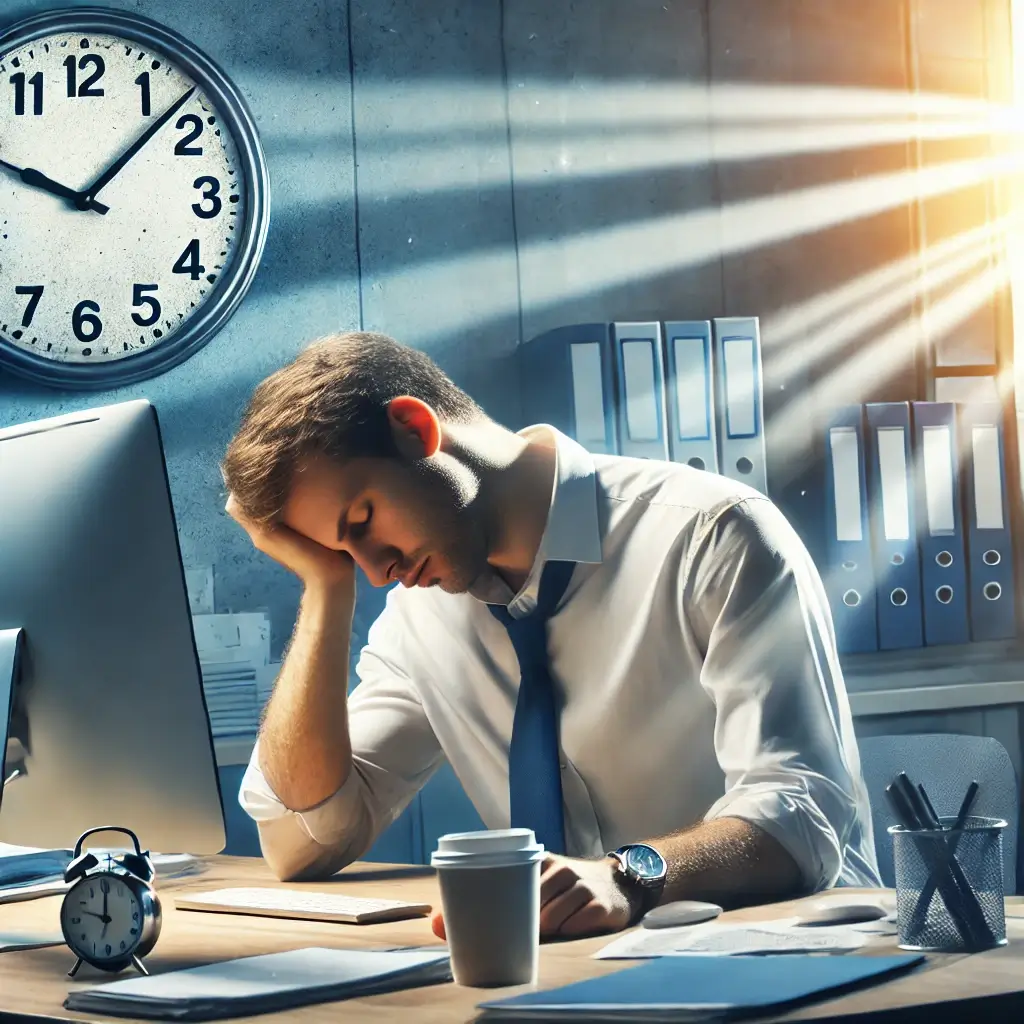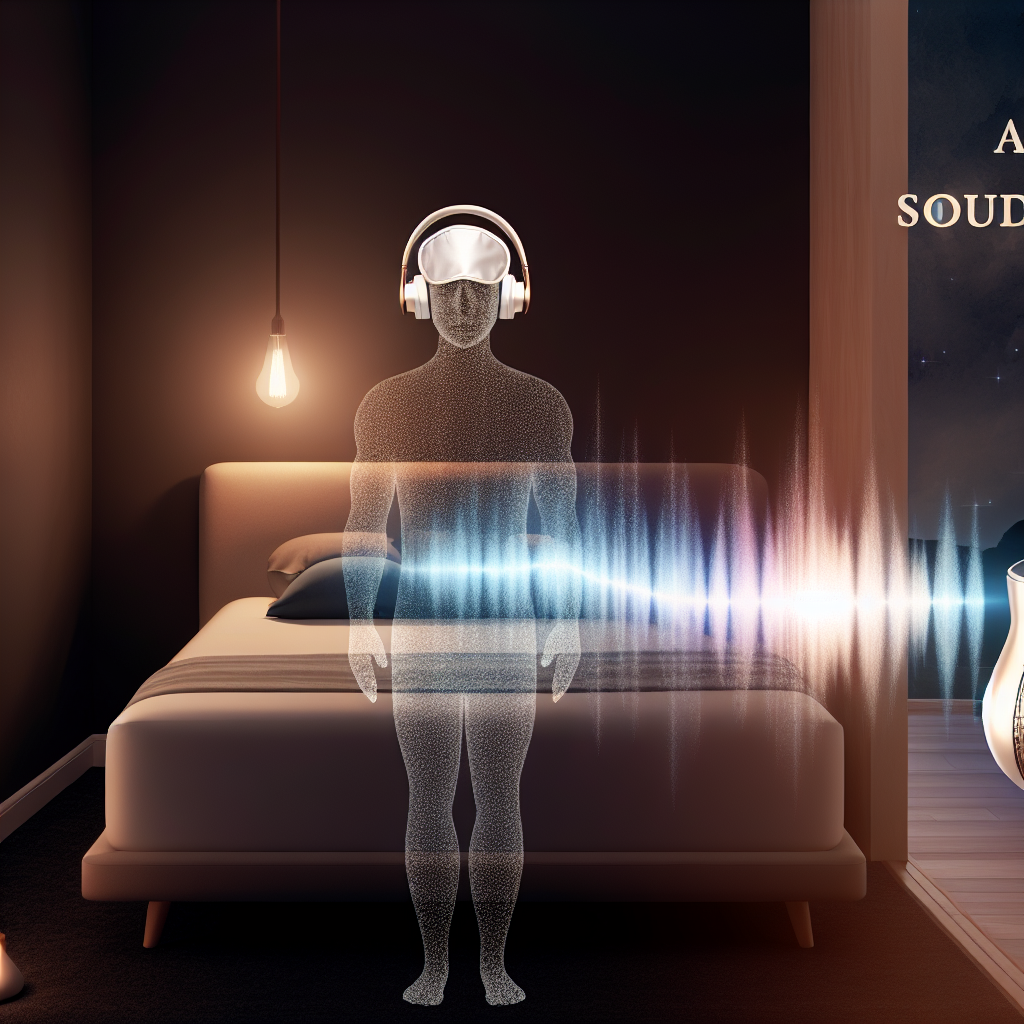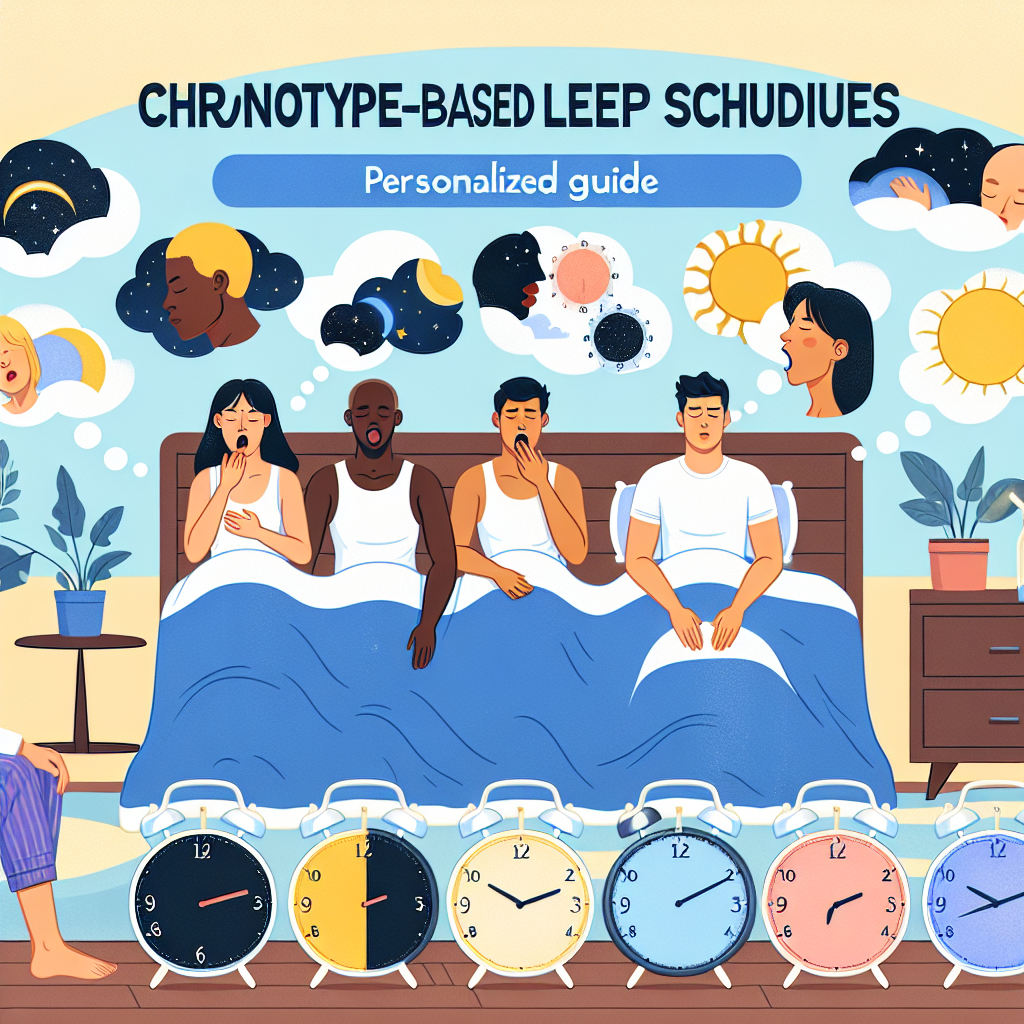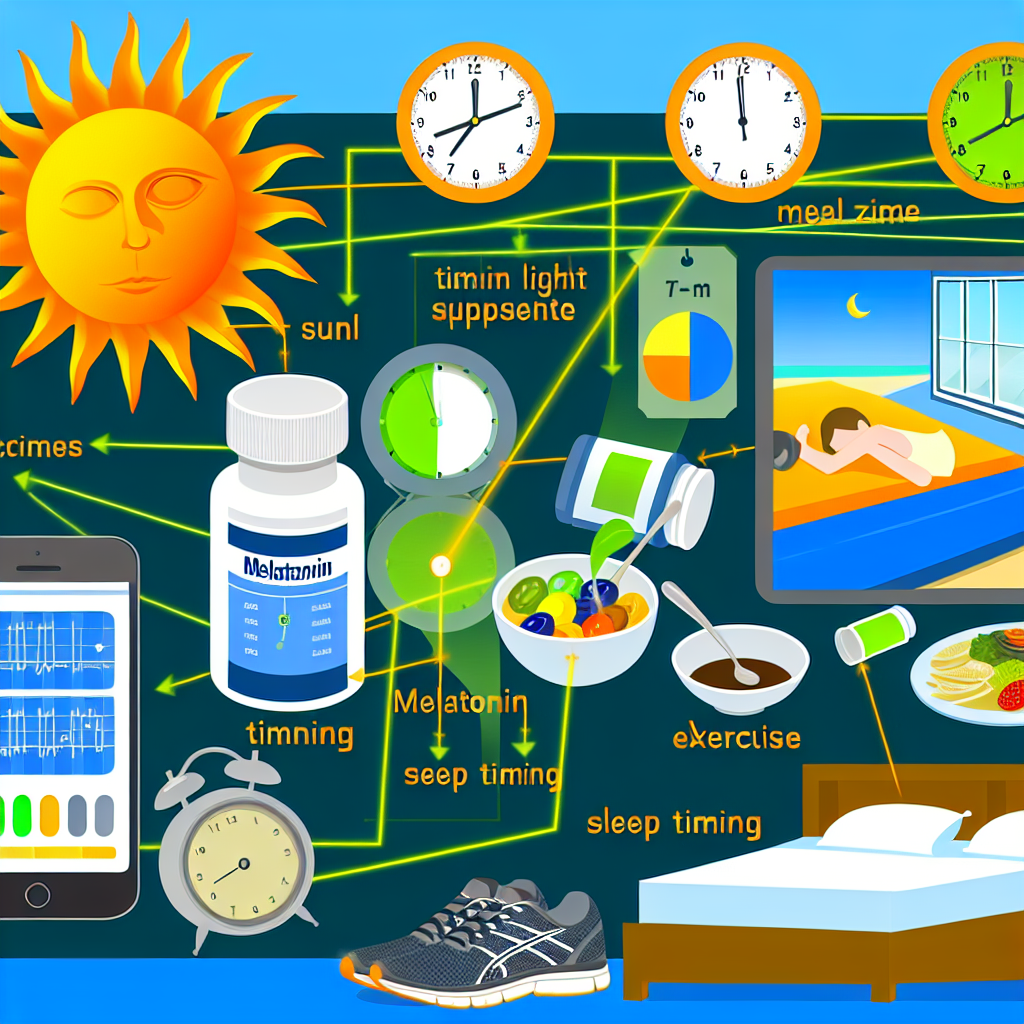Understanding Hypersomnia
Hypersomnia is characterized by excessive daytime sleepiness despite the fact that the individual is obtaining sufficient sleep at night. It has the potential to profoundly affect an individual’s quality of life.
Signs of Hypersomnia
The following are indicative of hypersomnia:
- Excessive drowsiness during the daytime
- Having trouble controlling one’s sleep during the daytime hours
Morning Struggles
Do you have trouble getting out of bed in the morning? Do you ever find it challenging? It is possible that you have a difficult time opening your eyes and getting out of bed or that you have repeatedly pressed the snooze button. This may make you feel sleepy and unproductive during the day, which can be very unpleasant.
Underlying Causes
There are a number of potential underlying causes that could be contributing to this difficulty in waking up. It is possible that this is the result of not getting enough quality sleep, experiencing stress or worry, or simply not having a regular sleeping routine.
Improving Morning Routines
If you find yourself dragging yourself out of bed in the morning, it may be worthwhile to examine your bedtime routine and make adjustments to ensure that you are getting the necessary amount of rest.
Making Adjustments
By making some minor adjustments, such as avoiding screens before bed, developing a routine that helps you relax before bed, and establishing a regular wake-up time, you may increase your ability to wake up in the morning feeling refreshed and ready to take on the day ahead.
Prioritizing Sleep
It is important to keep in mind that getting enough sleep is critical to one’s general health and well-being; therefore, you should make it a priority to prioritize your sleeping habits to improve your morning routine.
Additional Symptoms
The unrefreshed feeling after a night of sleep
Changes in mood
Impact on Concentration
Hypersomnia, a disease characterized by excessive daytime sleepiness, can substantially impact an individual’s ability to concentrate and focus on tasks. It can also cause difficulty concentrating. People who suffer from hypersomnia may find it difficult to remain awake and alert during crucial tasks like going to school or working, which can be a source of great frustration for those who are susceptible to the condition.
Productivity Decline
This ongoing struggle against sleepiness may result in a decline in productivity and make it difficult to remember information or make decisions.
Cognitive Effects
In addition, the inability to get adequate restorative sleep, which is frequently associated with hypersomnia, might make the current difficulties with attention much more severe.
Impact on Daily Life
Cognitive skills can be affected when the body and mind are not fully rested, making it even more difficult to remain focused on the work at hand and to carry out activities effectively.
Personal and Professional Consequences
This can result in irritation and affect personal duties and relationships outside the workplace.
Emotional Repercussions
A person who suffers from hypersomnia may experience emotional repercussions in addition to the physical and cognitive symptoms of the condition. It is possible to experience feelings of anger, anxiety, and even sadness as a result of the persistent effort to retain consciousness and concentrate.
The Vicious Cycle
These emotional obstacles may create a vicious cycle of poor sleep, decreased concentration, and bad emotions, which can further increase difficulties with focusing and exacerbate the problem.
Seeking Help
In general, hypersomnia can substantially impact a person’s ability to concentrate and focus, which can have repercussions for a variety of personal and professional elements of their lives.
Managing Symptoms
It is essential to seek the appropriate medical therapy and successfully manage symptoms to improve one’s ability to concentrate and overall well-being.
Differentiating Hypersomnia
It is essential to separate hypersomnia from other sleep disorders, such as fatigue or a lack of sleep. You must seek the advice of a medical professional to have an accurate diagnosis and get the appropriate therapy if you are suffering persistent excessive daytime sleepiness.

Dominic E. is a passionate filmmaker navigating the exciting intersection of art and science. By day, he delves into the complexities of the human body as a full-time medical writer, meticulously translating intricate medical concepts into accessible and engaging narratives. By night, he explores the boundless realm of cinematic storytelling, crafting narratives that evoke emotion and challenge perspectives.
Film Student and Full-time Medical Writer for ContentVendor.com




